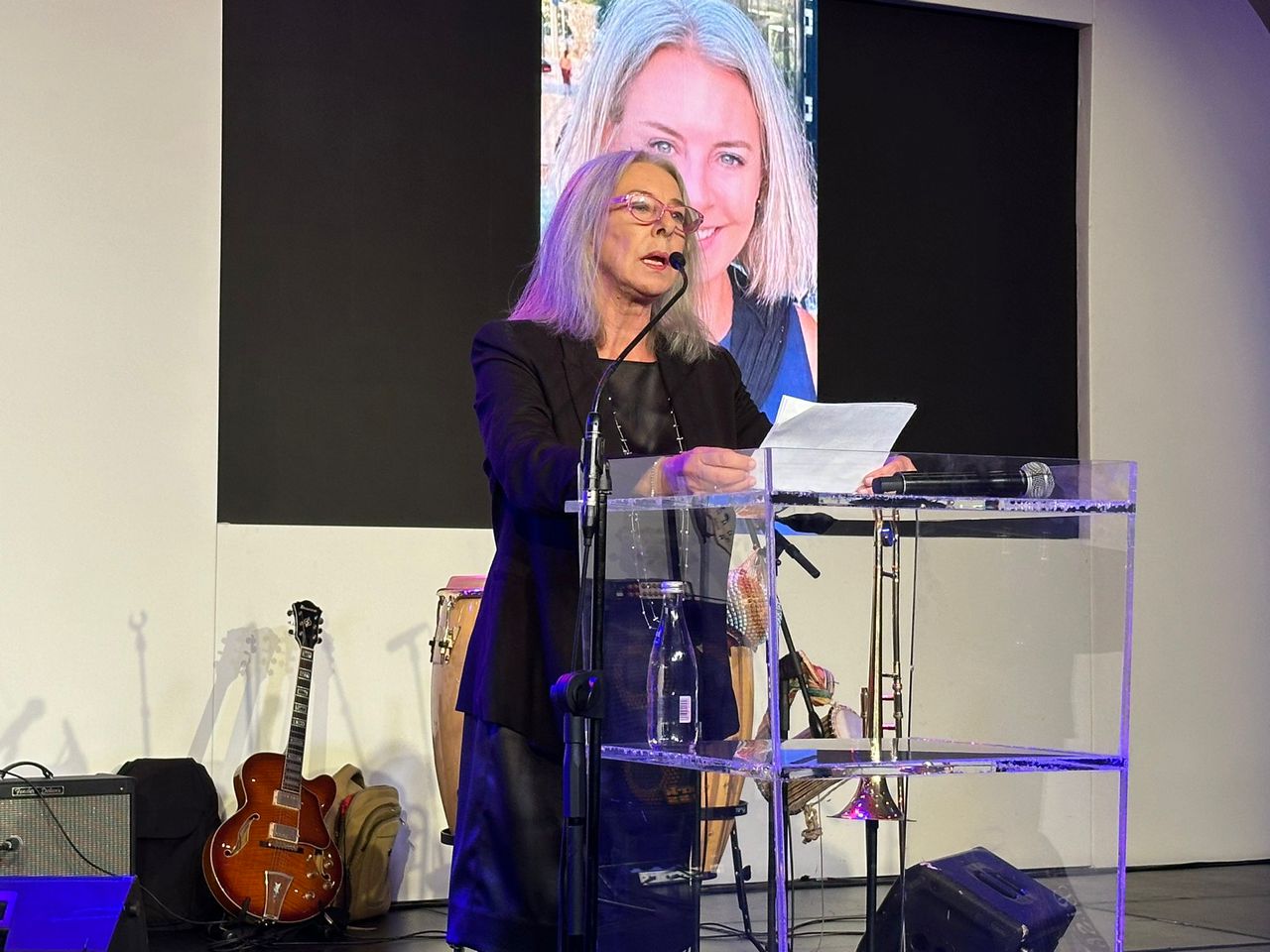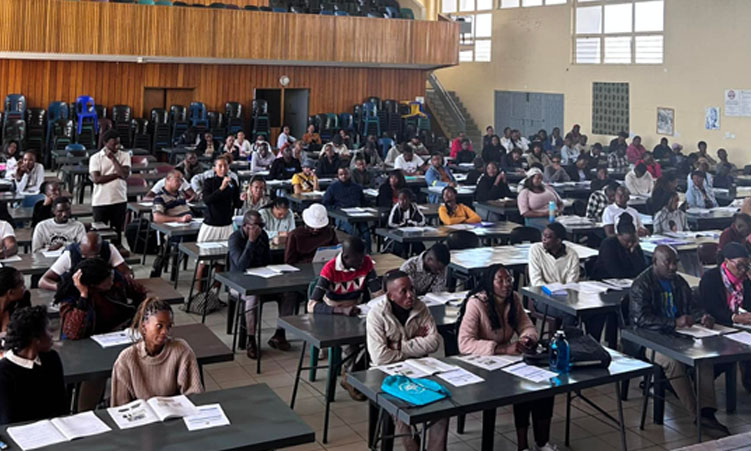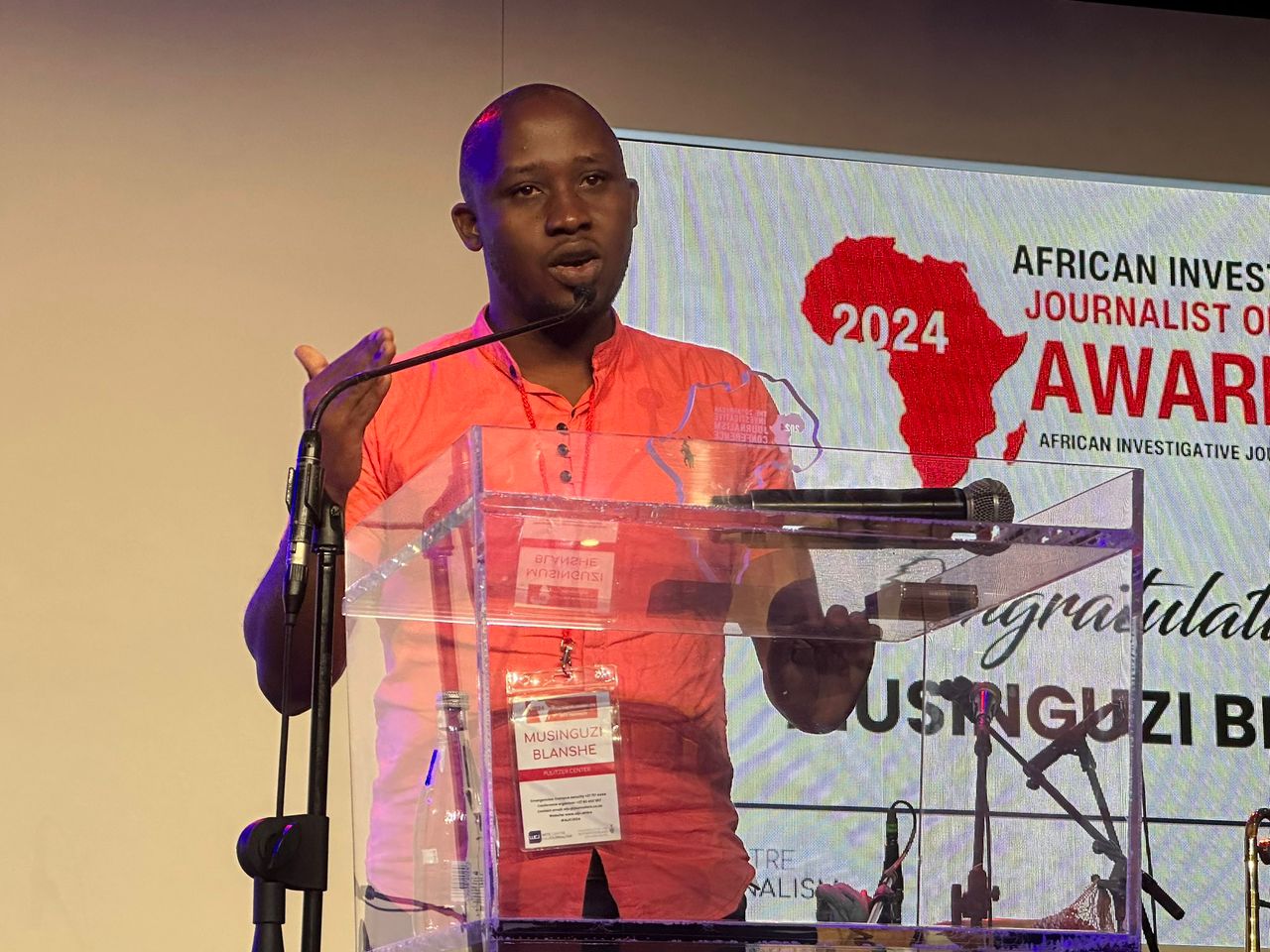NAMA people from all parts of the country flocked in droves to witness the inaugural Nama cultural festival held over the long weekend at Keetmanshoop.
Some Nama people also came from neighbouring South Africa and Botswana to attend the festival.
Speaking at the official opening of the four-day festival, which started on Thursday and ended yesterday with an ecumenical church service, the organising committee’s chairperson, Dawid Eigub, said it was an important platform that creates new pillars on which Nama communities can build unity amongst themselves.
He said the youth mooted the idea to organise the festival after realising that Nama people needed to come together to discuss issues affecting their respective communities, and to revitalise the Nama traditional customs, norms, history and language.
“This is a historic day that signifies our oneness, and to share information across our rich Nama traditions, history, language, norms and customs,” he stated.
The festival, he added, was the departure point to redress the “divisiveness” among the Nama people caused by a “lack of cohesion and social progress”.
The Nama Traditional Leaders’ Association’s chairperson, Seth Kooitjie, who delivered the event’s official opening message, reminded the Nama people to be thankful to their ancestors for ensuring they celebrate their rich culture and history.
“We celebrate this day today despite efforts to wipe out the Nama race,” said the traditional leader of the Topnaar Nama sub-tribe, referring to the genocide on the Nama and Herero people by the German colonial regime.
Kooitjie stated that the time has come for the Nama to start benefiting from the mineral resources in their areas in order to eradicate poverty.
“We must exploit our own resources to fight poverty,” he stressed, calling on the Nama people to unite, irrespective of their respective tribes.
The tribal leader also took issue with Nama people being labelled as “lazy, useless, and drunkards,” and called on them to stand up and defend themselves against those who discredit them.
Meanwhile, education minister Katrina Hanse-Himarwa, who also attended the festival, said cultural events signify human pinnacles and bring to the fore identities of a nation, a society, a community and a tribal group.
“It is at cultural festivals where people gather to share and demonstrate their traditional practices more openly and closely, putting aside their political and social status, and display high levels of tolerance, mutual respect and understanding,” she noted.
The responsibility of the government, said the minister, is to identify, develop and promote the material and spiritual culture and heritage of Namibians for the purpose of nurturing national pride and identity.
The Nama cultural festival has exceeded expectations, and that makes this event a truly phenomenal one, she added.
“This festival is one of the exercises defined by the direct involvement of citizens on their own volition without coercing by the government and other forces,” Hanse-Himarwa said, reiterating that culture was misused effectively as “dichotomy to divide people.
“We must, therefore, spare no effort in building bridges and using culture as a pillar of strength to unite our people,” she urged.
She further appealed to all Namibians to participate in their cultural activities, and to uphold traditional values and customs.
Deputy ministers Lucia Witbooi and Agnes Tjongarero also attended the festival’s opening ceremony.
Stay informed with The Namibian – your source for credible journalism. Get in-depth reporting and opinions for
only N$85 a month. Invest in journalism, invest in democracy –
Subscribe Now!






